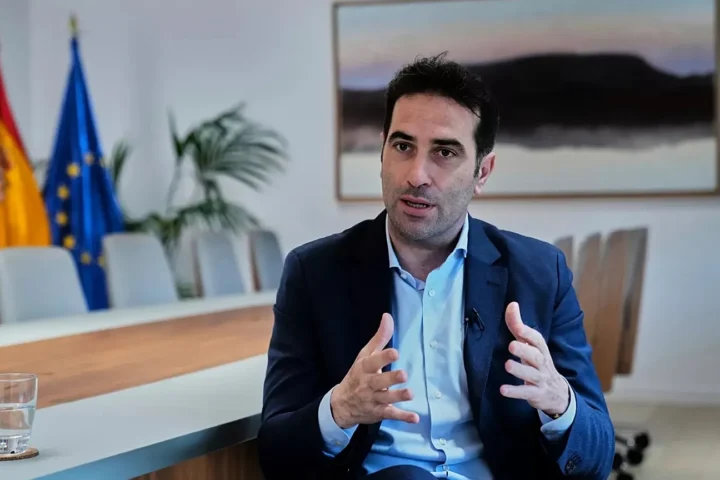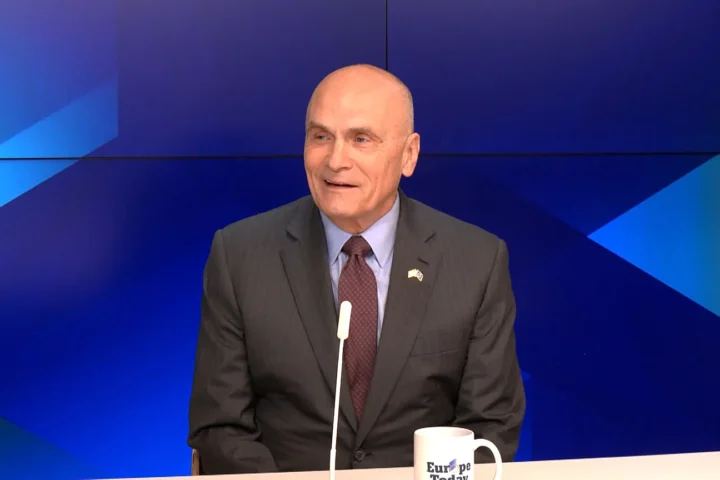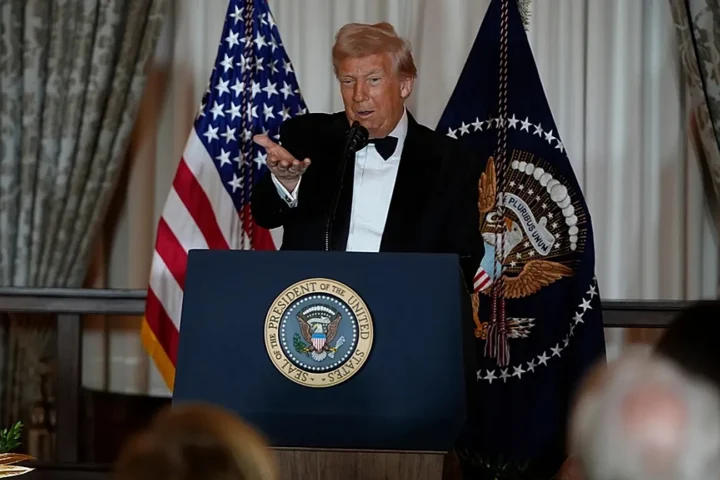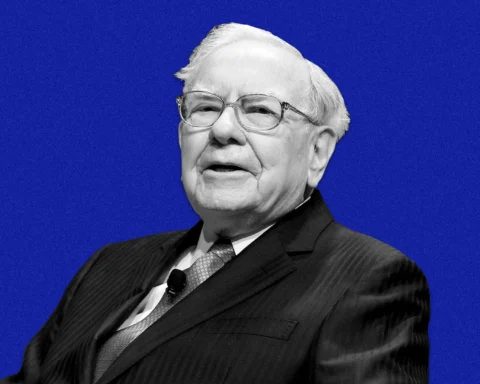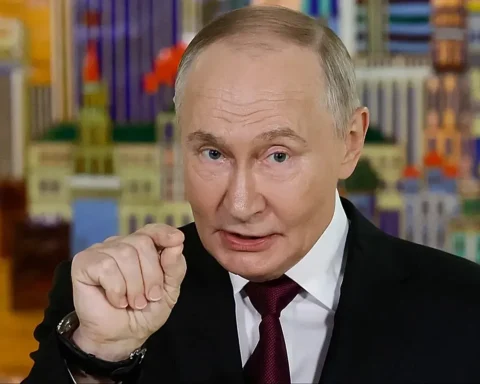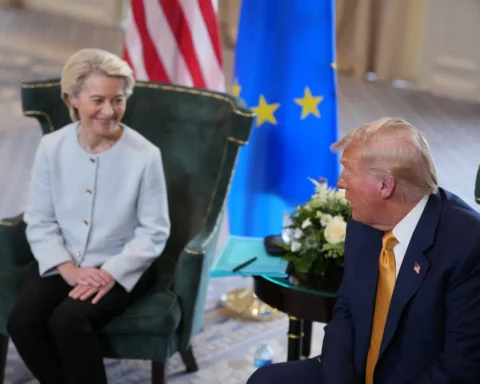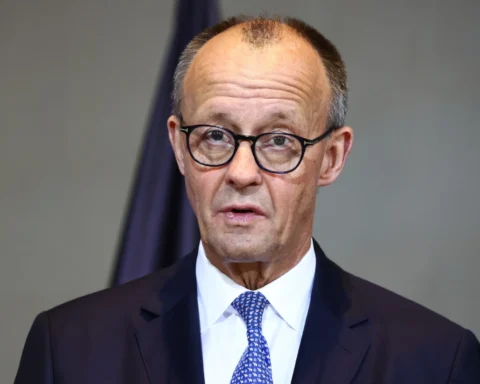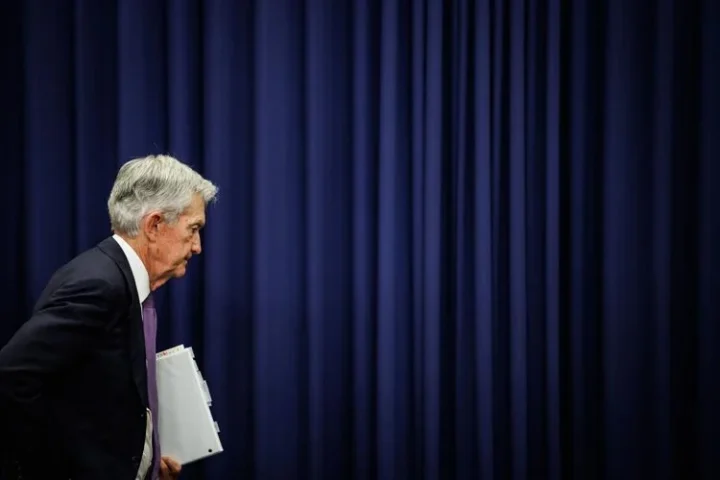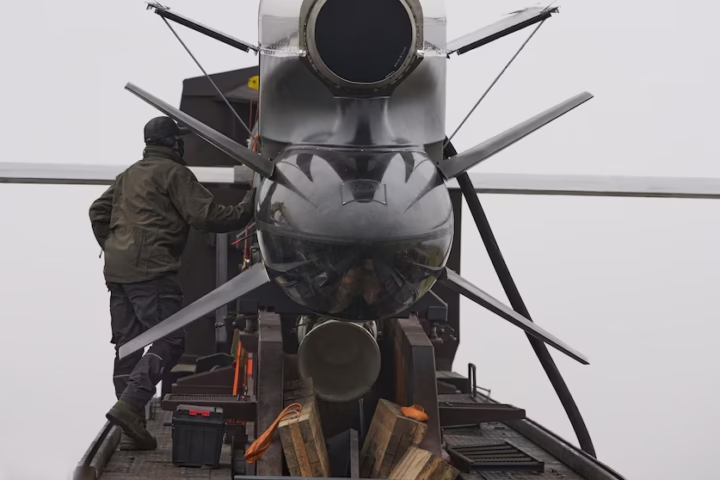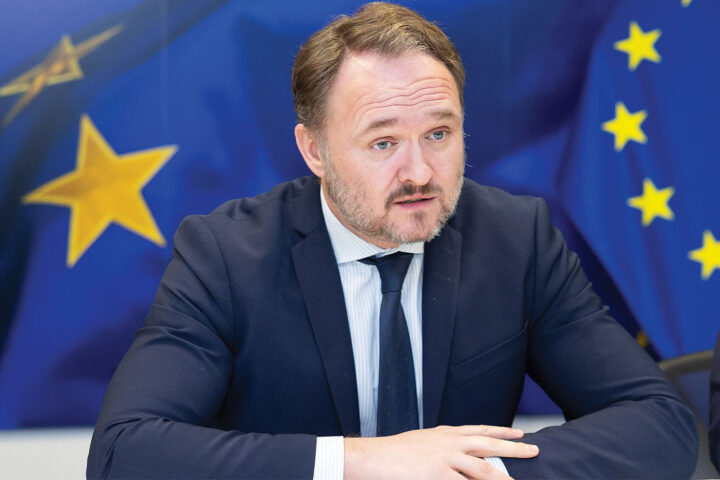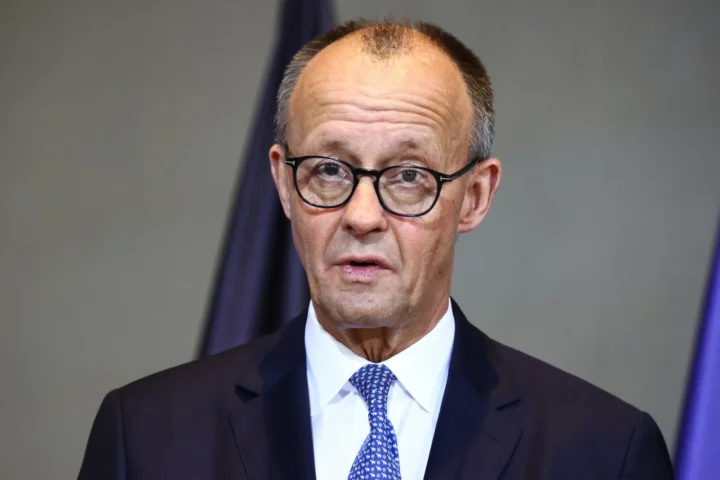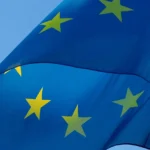As Russia’s war in Ukraine grinds on into its fourth year, pressure is mounting on the European Union (EU) to move beyond sanctions and rhetoric toward more decisive measures. Among the most debated but least understood tools in Brussels’ arsenal is what analysts call the EU’s “nuclear option”—a sweeping move that could fundamentally alter its relationship not only with Moscow, but with countries perceived as enabling or profiting from Russia’s war effort.
The question now is: will the EU actually use it?
What Is the EU’s “Nuclear Option”?
The phrase does not refer to military action, but rather to the EU’s ultimate economic and political tools of coercion. These include:
- Banning Russian allies from the SWIFT payment system, cutting them off from global finance.
- Triggering Article 7 procedures against member states that openly defy EU policy on Russia, such as Hungary.
- Secondary sanctions on non-EU countries—like China, Iran, or Gulf states—accused of indirectly supporting Russia’s economy or supplying critical goods.
- Blocking market access for companies in Asia, Africa, or Latin America that trade with Russia in violation of Western sanctions.
Taken together, these actions could inflict significant damage on Russia’s network of partners—but they also risk boomeranging back on Europe.
Why the Pressure Is Rising
European unity has held surprisingly strong since Russia’s invasion of Ukraine in February 2022. The EU has imposed 14 rounds of sanctions, cut dependency on Russian energy, and provided financial and military aid to Kyiv. Yet as the war drags on, two trends are testing Europe’s resolve:
- War fatigue among citizens: Rising energy costs and inflation are pushing populist parties across Europe to question the long-term strategy of confronting Russia.
- Russia’s adaptation: Moscow has successfully rerouted much of its trade through countries like Turkey, the UAE, Kazakhstan, and China, undermining the impact of EU sanctions.
This has sparked growing debate within Brussels: should the EU accept limited results, or escalate by targeting Russia’s allies directly?
The Risks of Going Nuclear
Pulling the “nuclear option” would not be without consequences.
- Economic Blowback: Cutting off trade partners like China or Gulf states could harm EU industries reliant on imports and exports.
- Internal Division: Countries like Hungary and Slovakia, which maintain warmer ties with Moscow, could resist, fracturing EU unity.
- Global Tensions: Secondary sanctions on non-European countries risk escalating tensions with powers like Beijing—potentially pushing them closer to Russia.
As one senior EU diplomat put it, “The question is not whether we can pull the trigger—it’s whether we can survive the blast ourselves.”
Supporters Argue It’s Time
Advocates of tougher measures argue that the current sanction regime is losing effectiveness, and that only by isolating Russia’s enablers can Europe truly apply pressure. They point to:
- Iranian drones and Chinese components flowing into Russia’s war machine.
- Middle Eastern financial hubs helping Russian oligarchs move money.
- Central Asian re-export routes for Western technology ending up in Moscow.
“Every loophole is a lifeline for Putin,” said one European Parliament member. “Closing them requires us to face uncomfortable truths about our trading partners.”
The U.S. Factor
Any EU move toward its nuclear option would likely require coordination with Washington. The U.S. has already implemented secondary sanctions targeting firms in China and the Middle East that facilitate Russia’s defense sector. A united front would make the policy more effective—but could also increase the risk of global economic fragmentation.
Conclusion: A High-Stakes Gamble
For now, the EU remains cautious. Quiet diplomacy continues with China, Turkey, and Gulf states to reduce their support for Moscow without resorting to punitive measures. Yet if Russia escalates further in Ukraine, or if Western support for Kyiv begins to falter, the pressure to act more decisively will intensify.
The “nuclear option” is not a question of capability—the EU clearly has the tools. It is a question of political will and economic tolerance. Using it could shift the balance of the war—or fracture the EU itself.
For Brussels, the decision looms: dare to pull the trigger, or keep the weapon holstered.


